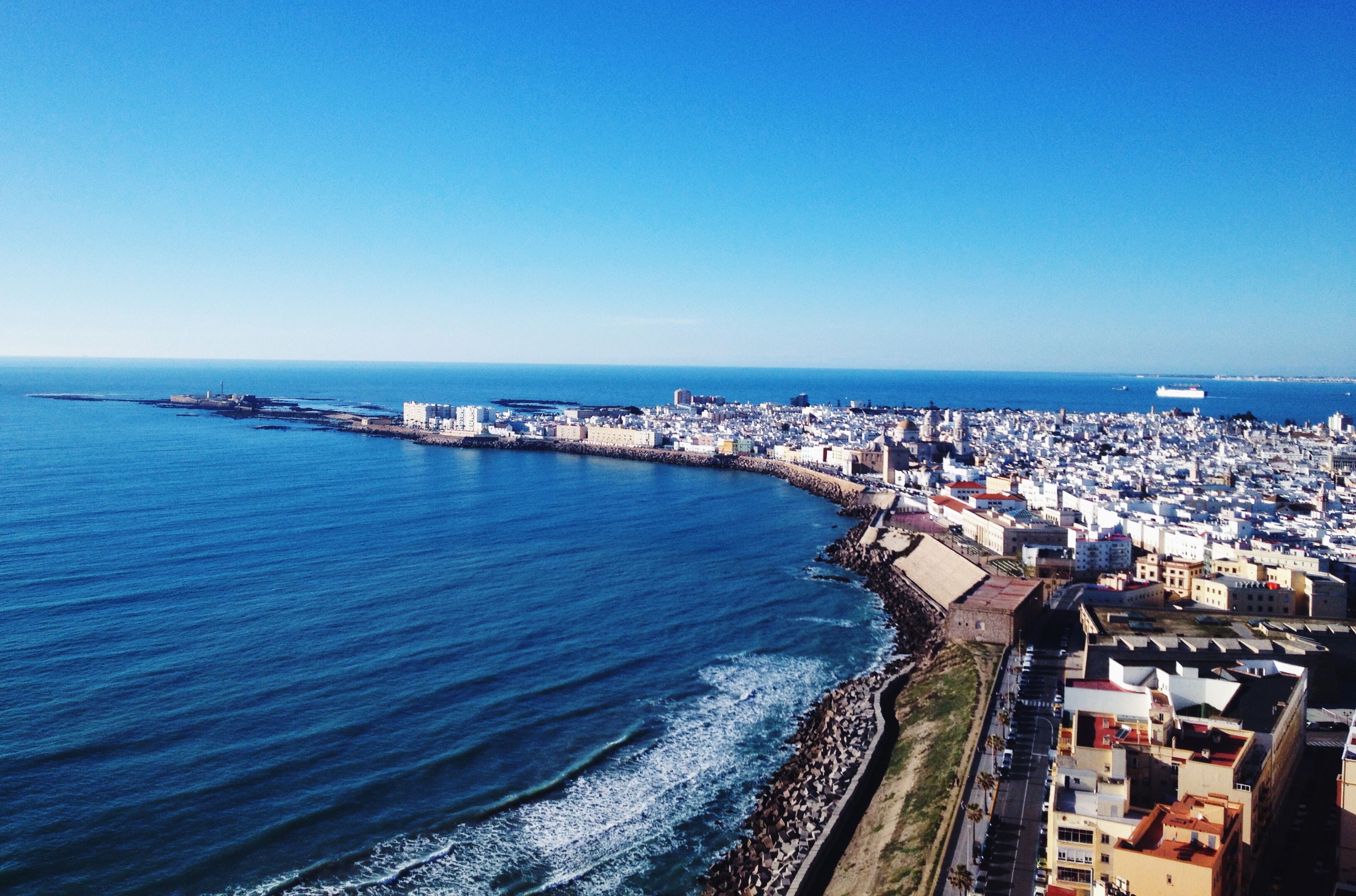If you think the walk from Flynn Hall to South Campus is long, then you haven’t been to Seville, Spain.
During our month-long stay, my fellow students and I walked everywhere. Each morning, it’s about a two-mile walk from where I’m staying to the Center for Cross-Cultural Studies, our school and then another two miles back home. We quickly learned that navigating from point A to point B in Spain is 10 times more difficult than it is in the United States because street signs are located on the sides of buildings. Cars and motorcycles squeeze down the narrow cobblestone roads. One day, it took a half an hour and asking four different people for directions before finding a libería (bookstore) to buy my textbook.
Not only have my leg muscles grown from walking everywhere, but my Spanish skills have greatly improved, too. Each of us were placed with a host family for a home stay during our trip. My señora’s name is María del Carmen Fernández Rodríguez. She lives with her husband, Fernando, and they have two daughters, Lucía, 15, and Carmen, 13. I communicated with them completely in Spanish, which could be challenging at times.
To celebrate one of Spain’s most important holidays, El Día de los Reyes Magos (the Day of the Three Kings), my family invited me to accompany them to Fernando’s mother’s home a few minutes away. Lost in translation would mildly describe my experience that day. Spaniards’ words blend together as they talk at a rapid-fire pace and don’t pronounce ‘s’s at the end of their words. I had, or more like tried to have, a conversation with a cousin of the family. His accent was so thick that I asked him to repeat his questions three times before I finally could make out that he was asking me what I studied.
But I came to Spain to improve my Spanish skills, both inside and outside of the classroom. Every weekday, my Spanish oral expression course ran for three and a half hours with our professor from the CC-CS, Mila, who was the best Spanish instructor I’ve ever had. For someone not so confident with speaking in the language, Mila was helpful because she created a relaxed atmosphere and encouraged me to thoroughly develop my thoughts.
After class, I would walk home for lunch at 3:30 p.m. Siesta time follows lunch, and, while most Spaniards don’t utilize it until summer, I found myself napping occasionally. It took a while to adjust eating on Spain time because they dine much later than we do in the United States. Dinner isn’t served until 9:30 p.m. most nights. Needless to say, I was always hungry.
The four main food groups in Spain are bread, fruit, soup and fish. At bars and restaurants, it’s common to order tapas, which are similar to American appetizers, and a beverage. My favorite Spanish drink is tinto de verano, which is basically sangria minus the fruit. I’ve also enjoyed trying dishes with squid, crab, various types of fish and el rabo de toro (a bull’s tail).
Each weekend, we took weekend excursions to neighboring cities in southern Spain, including Ronda, Córdoba, Granada and Cádiz. I was honestly surprised to see an Islamic influence present in architecture throughout the country. For example, in Córdoba, we visited the Mezquita, a medieval Islamic mosque that was converted into a Catholic cathedral during the Reconquista of 1263.
We also ventured to the rock of Gibraltar, a British territory, one Saturday. I’m not going to lie, it was refreshing to have an English speaking tour guide for a few hours as opposed to our Spanish immersion. There, we encountered many British shops with perfumes and jewelry in the city and los monos locos (the crazy monkeys) atop the rock. The sight of the Mediterranean Sea with Morocco on the cloudy horizon left me speechless.
It was hard to say goodbye to my host family; they treated me with great kindness and respect. Living in Spain for a month has truly been a culturally enriching experience that I will never forget. I’ve learned there is much more the world has to offer beyond the United States. While I did look forward to my return home, I know I will miss this country and its people. ¡Hasta luego, España! (So long, Spain!)
Bjorn Saterbak can be reached at sate3878@stthomas.edu.

